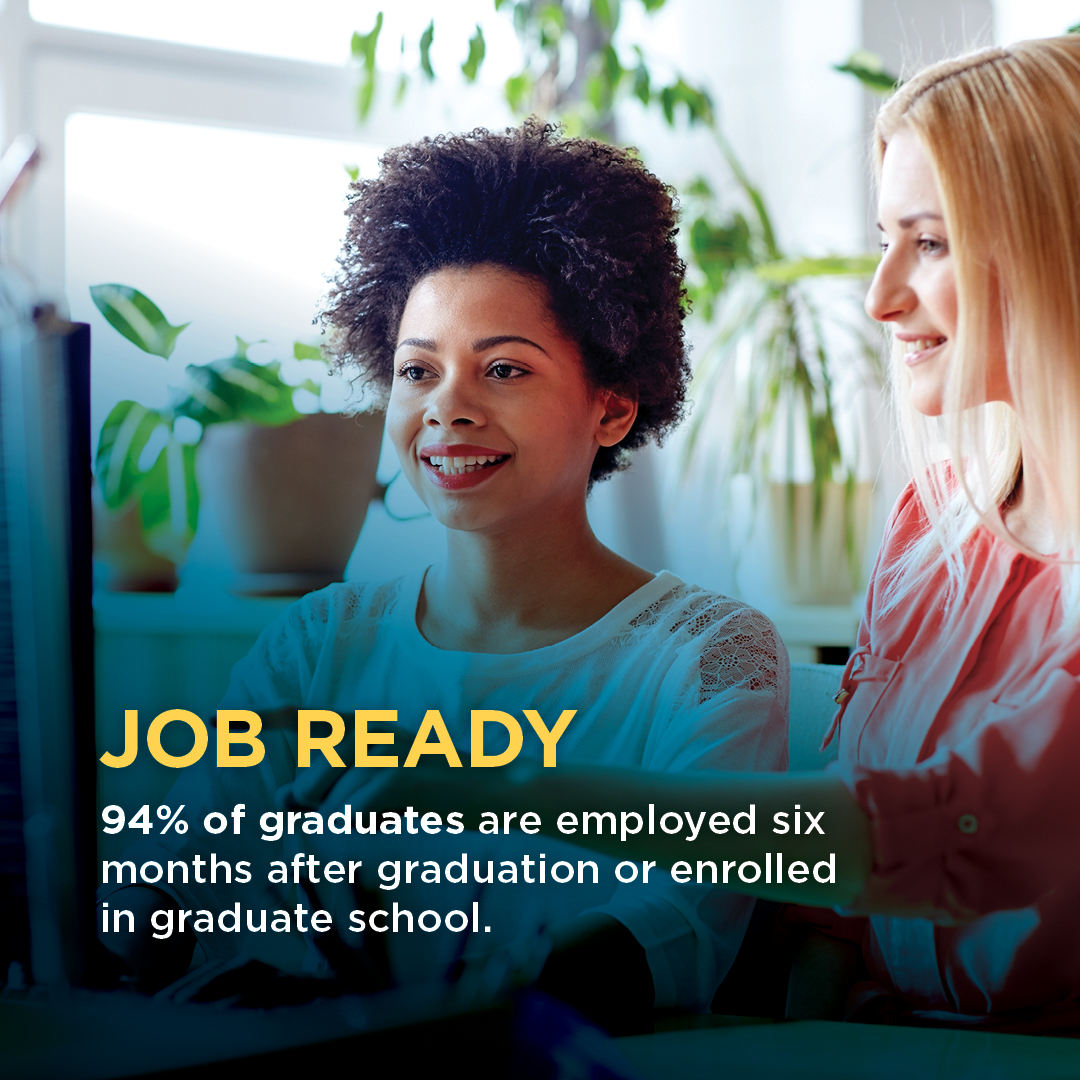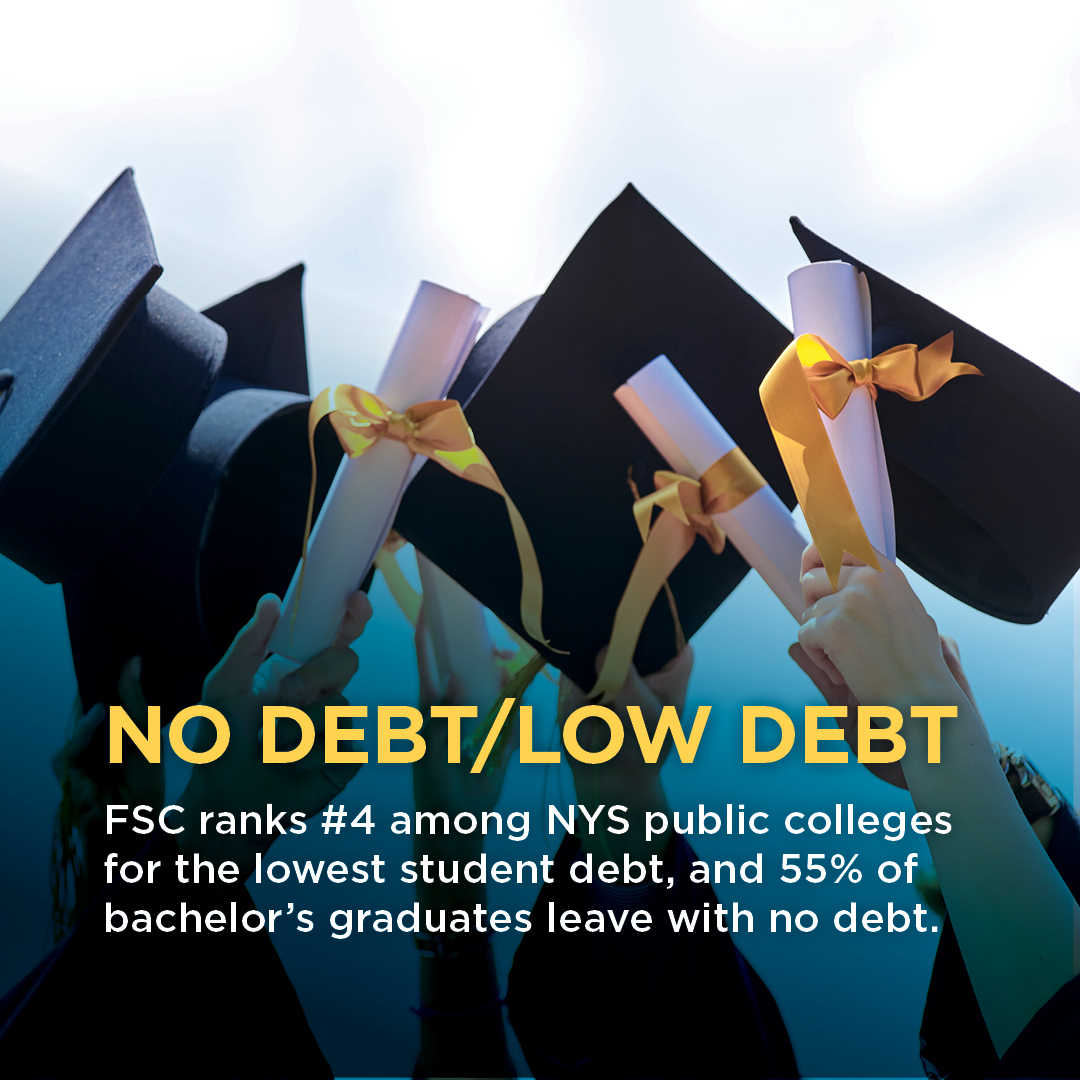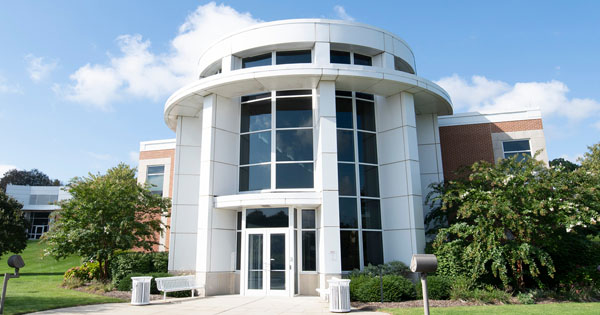It’s college selection season and prospective students have, no doubt, been exposed to the seemingly endless array of college rankings. Indeed, much of higher education has too often promoted a system of ranking colleges and universities. Colleges often tout their place in these rankings, many of which mean little to most prospective students. In fact, a number of these ranking systems have become the subject of much criticism.
Today’s students – and their families – are becoming more savvy shoppers. They are increasingly focused on real outcomes, not rankings. In short, students are, or should be, focused on the metrics that matter.
Many factors go into gaining a great educational experience. I tell prospective students whom I meet that the choice of a college or university is a deeply personal one. A great college experience is largely about “goodness of fit.” Are the programs, place and pricing right for you?
Students care most about the quality of their specific program of study, their engagement with their faculty members and peers, the opportunities to apply what they learn, and the experiences they will have on campus.
Of course, they also want to know how much they will pay or borrow and, most importantly, what their diploma will bring after graduation. Although it is not purely an economic decision, media attention has often focused on student debt and the increasing costs of a college degree. Some pundits even question the value of a college education.
Keep this in mind: the headlines are not the trend lines. Now, more than ever the college experience and the returns of a degree often make it a great investment, both personally and professionally for millions of young people. Last year, the Bureau of Labor Statistics (2021) reported that workers who complete a bachelor’s degree will earn more than $275 per week above the national weekly average. Even after paying for college, graduates have career earnings that are hundreds of thousands of dollars above those who possess only a high school diploma.
However, far too many students leave college without earning a degree. In fact, the most critical issues facing higher ed are related as much to completion as to cost. The two, are of course linked. The burden of student debt falls most heavily on those students who enter college but do not graduate. The value of a college experience depends heavily on making your way to graduation.
In truth, for many students it may not be necessary, or advisable, to borrow heavily for college. Don’t confuse cost with quality. With the exception of the most selective institutions, this is a buyer’s market and nearly all colleges and universities are eager to recruit and support motivated students. Especially in New York State, there are great educational values, and students should realize that there are scores of good options. There are a multitude of opportunities for federal, state and campus aid that can significantly offset or even eliminate the need to borrow to cover educational costs. Most colleges, including my own, have worked hard to keep the average cost of attendance at an affordable rate. At my campus more than half of our graduates leave with a diploma and without debt.
So, does college pay? Let’s be clear: the economic returns to a college degree remain quite high. The better question is: when does college pay? Students should understand that the economic returns vary widely by program of study. In fields such as the health sciences, computer science, and engineering, graduates can recover their investment in education in a few short years. If like many students, you seek a degree largely to help launch a career or position yourself for graduate school, your program of study and your opportunities to apply what you’ve learned even before you launch a career are often a gateway to success.
Most colleges and universities offer programs of real strength that deliver great benefits. There has never been a time when more information is available to college bound students. As you visit campuses and make decisions, ask the questions you want answered.
These might involve asking what share of a college’s graduates are working in a field directly related to their program of study and what the income levels of recent graduates are. If you are pursuing a degree that leads to a career, you may want to inquire about job placement rates, internships, or other applied learning opportunities. With this in mind, Farmingdale was among the first to institute an applied learning requirement and we tell students that Farmingdale graduates rank in the top 2% nationally in early career earnings according to CollegeNet’s Social Mobility Index.
If you pursue a degree that leads to licensure or certification in the health professions, you may want to inquire about the rates at which graduates pass the regional or national exams required to practice. For Farmingdale, this is a point of pride as graduates of three of our programs in the health science fields have passed exams at a rate of 100% in recent years.
To find the best fit, think clearly about why you are pursuing a college degree. What are the metrics that matter to you? There is no single, correct answer. Some students are exploring and are uncertain about their educational goals. It’s the best time of your life to do so, and may indeed lead you to a field about which you are passionate. Others—probably most—are focused on a degree as a pathway to a career or a higher degree. Still others may believe college is not right for them, or it’s not right at this time. There is nothing wrong with that. Just keep this in mind: although not everyone needs a college degree, everyone needs an education.





































